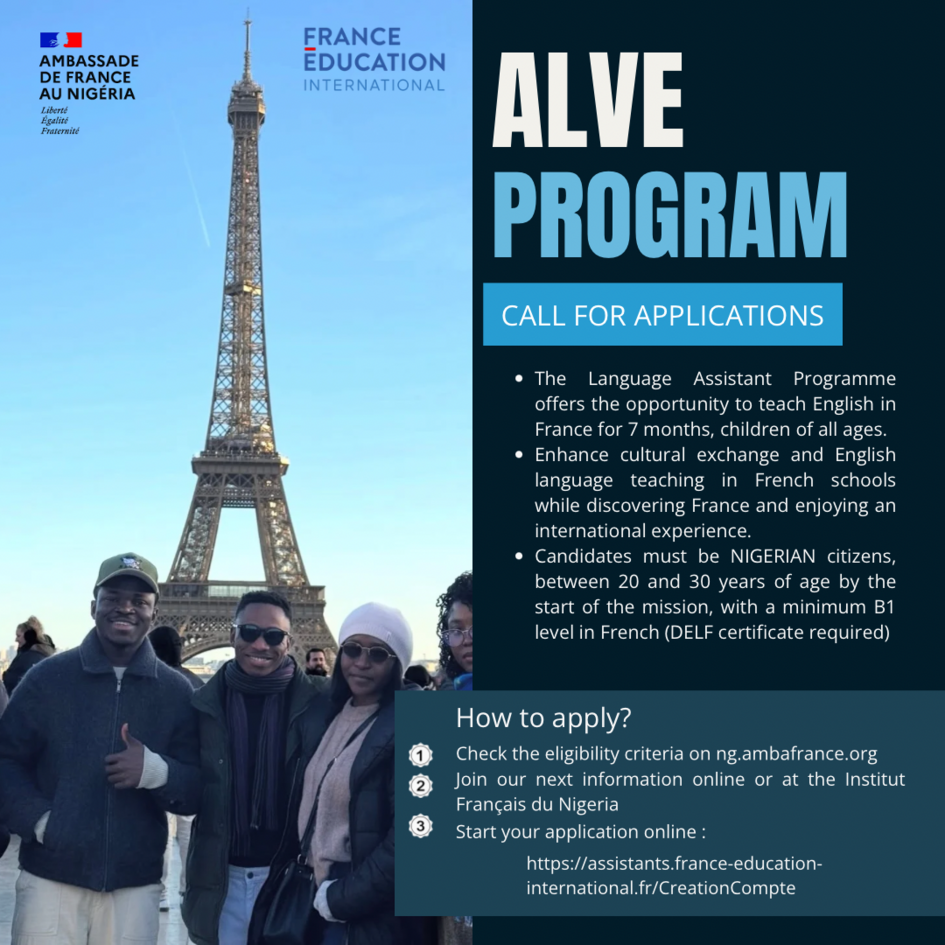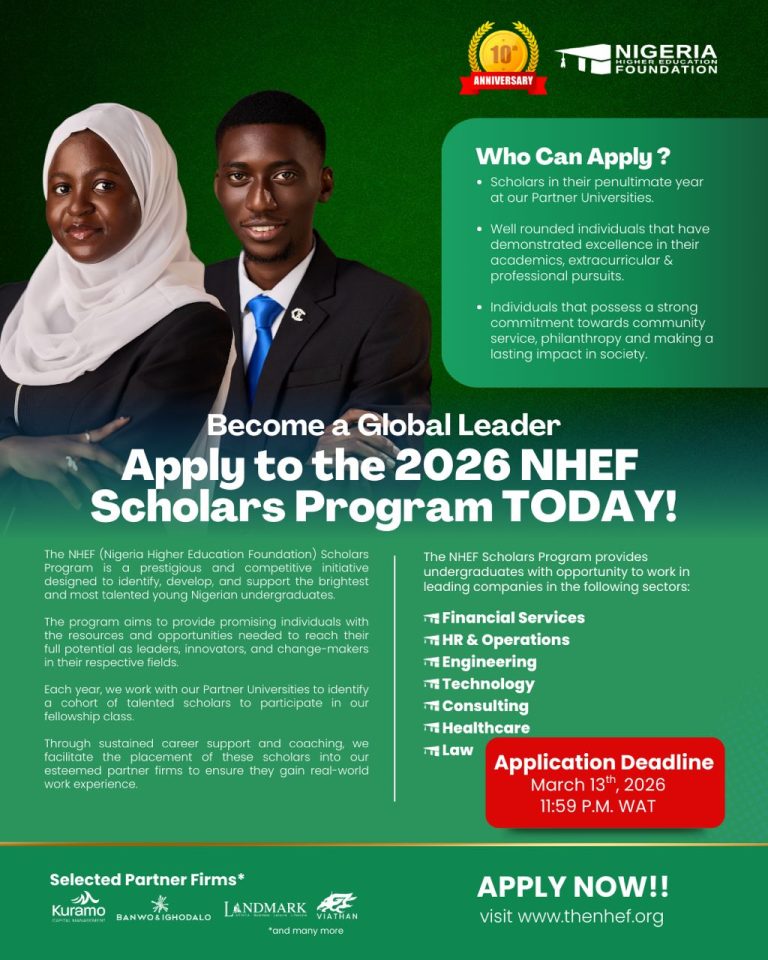
2022 Rockefeller Foundation-Acumen Food Systems Fellowship
Deadline: December 1, 2021.
The Rockefeller Foundation-Acumen Food Systems Fellowship is an intensive, one-year leadership development program offered through Acumen Academy, the world’s school for social change. The inaugural Food Systems Fellowship will introduce moral leadership concepts to a globally diverse cohort of 20 food systems leaders who are creating more inclusive, nourishing and regenerative food systems. With leading food systems facilitators, Fellows will participate in a blend of immersive seminars, workshops, and self-directed leadership experiments. The program will combine in-person and virtual learning over the course of the Fellowship year.
After Year 1 of the Fellowship, Food Systems Fellows will join Acumen’s global community of social innovators building a world without poverty and injustice
ELIGIBILITY
To be eligible for the Food Systems Fellowship, you should:
• Currently lead or be a part of building an organization or initiative that exists to tackle poverty or injustice within food systems.
• Demonstrate a long term commitment to food systems work including more than 5 years of work experience in the sector anywhere in the world.
• Be in a position of leadership where you work, meaning you have the capacity to influence change
• Demonstrate self-awareness and the ability to challenge yourself to grow as a leader.
• Live in a place with telephone and internet coverage so that you can actively participate in an online learning environment.
• Have the ability to read and write texts of medium complexity in English and basic handling of social platforms (e.g. Whatsapp) so that you can be an active member of the community.
BENEFITS
The Fellowship curriculum is centered around the principles of moral leadership, grounded in the context of global food systems:
- Adaptive Leadership: Based on Ron Heifetz’s work, Adaptive Leadership is a practical leadership framework that supports Fellows’ ability to catalyse and embrace the gradual and meaningful process of creating change in food systems.
- Authentic Voice: Grounded in Marshall Ganz’s life’s work, the Authentic Voice curriculum allows Fellows to develop the capacity to articulate a hopeful vision for food systems, speak across lines of difference, and move others into action.
- Good Society Readings: Modeled off The Aspen Institute, the Good Society Readings explore the meaning of a just society, and the moral and historical foundation of social change through text based dialogue.
- Managing Polarities: Based on Barry Johnson’s work, Polarities aims to cultivate an individual’s ability to lead effectively when opposing but interdependent and equally important values are in tension.
- Systems Thinking: Fellows will immerse themselves in an understanding of food systems by navigating the actors within these systems, the linkages between them, and the enabling environment around them.



